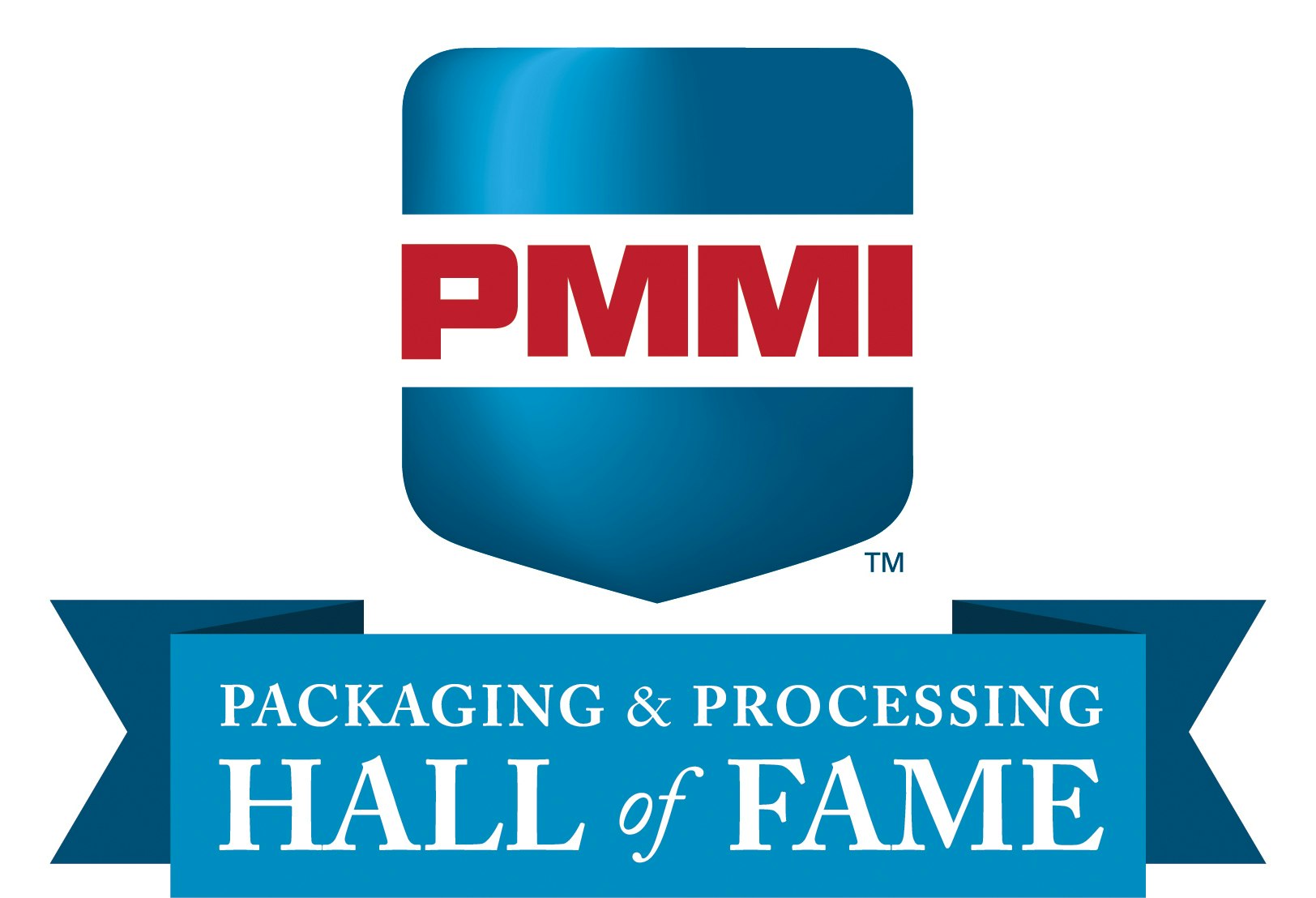First, with the arrival of the Obama administration, the word has gone out far and wide that the new team believes in more active regulators than their predecessors. Even if there weren’t intense public and Congressional pressure for FDA to inspect more of the food, drug, and other manufacturers—foreign and domestic—whose products enter the U.S. market, this new administration is philosophically more inclined to have its agencies make and enforce rules on business more frequently and more actively.
Second, that public pressure amplifies the new administration’s natural tendency to have FDA do more. FDA is one of those government agencies that the average consumer usually doesn’t think of unless something goes badly. And lately, the public’s been thinking about FDA a lot, with headlines about melamine-contaminated animal food and other products, contaminated heparin, a letter by FDA medical device officials accusing agency leadership of improper interference with scientific work, and, most notoriously, the big peanut products contamination and recall, followed recently by a pistachio products recall.
It’s been a couple of years already since a coalition of former government officials, consumer advocates, and even industry trade groups have started clamoring for FDA to get more funding to do the many important jobs on its plate.
While FDA has gotten more money, the mood in Washington, DC, indicates more fundamental changes are on the way.
For the past few years, a suggested change in law would take FDA’s food safety responsibilities and give them to a new federal food-safety agency along with the food regulatory oversight now handled by the U.S. Department of Agriculture and other federal agencies. That new agency would be given new powers, too, like the power to order food recalls. Now the latest suggestion being floated is for a reorganization just of FDA to emphasize its food-safety responsibilities.
What we know now is that ideas like this are being given serious consideration, and that some form of fundamental change is due this year or next. What we don’t know precisely is what form that change will take.
Third, we know that the next FDA commissioner will likely be President Obama’s nominee, Dr. Margaret A. Hamburg, assuming she gets the necessary confirmation from the Senate. In the meantime, the person the President has suggested as her deputy commissioner, Dr. Joshua Sharfstein, is serving as acting commissioner. Sharfstein’s position does not require Senate confirmation. Although acting commissioners are typically place holders until a “permanent” commissioner can be confirmed, Sharfstein has already started taking actions that announce a new day is upon the agency. He has reportedly asked his colleagues at FDA to suggest ideas to improve it.
But the 53-year-old Hamburg, presumably the next commissioner, can be expected to leave a noticeable stamp on the agency’s priorities and operations. A former health commissioner in New York City (its youngest at 36) and former official of the National Institutes of Health, her nomination has inspired complimentary remarks from industry and consumer representatives. She has worked on public health issues from AIDS to tuberculosis, and she has a reputation for doggedness and effectiveness in office.
In the past, politicians and others have debated the issue of who would make an appropriate FDA Commissioner. At one point, Senator Ted Kennedy vowed to oppose any nominee to the post who had worked in the industry in the past. This perennial debate reflects the natural tension between FDA’s two key roles, as a cop protecting the public by policing the marketplace, and as a licensing body reviewing and clearing new drugs, devices, and food-contact substances.
The first role naturally can lead to an adversarial relationship within the industry, though the second naturally benefits from cooperation. By choosing experienced public health officials for FDA, President Obama appears to be signaling that protecting the public will be a bigger priority going forward. In other words, more cop.
If I had to guess what we’ll see from FDA in the next few years, even if Congress doesn’t pass the kind of large-scale reform legislation being batted around, I would say we will see an agency with a clear new set of priorities that can generally be described as more active. There will be more inspections of factories, followed by more Warning Letters, seizures, injunctions, and criminal prosecutions; crackdowns on illegal dietary supplement and drug advertising and marketing; and swifter action on any new rules under consideration on essentially any topic.
Will life get tougher for industry? Yes, in areas that get regulated in new ways, certainly. But as long as the agency acts fairly and consistently, a new activism could be welcome by many industry segments, since they will have clearer guidance from FDA on how to comply with the law and regulations and won’t have to struggle against foreign and domestic competitors who violate the law with impunity.






















